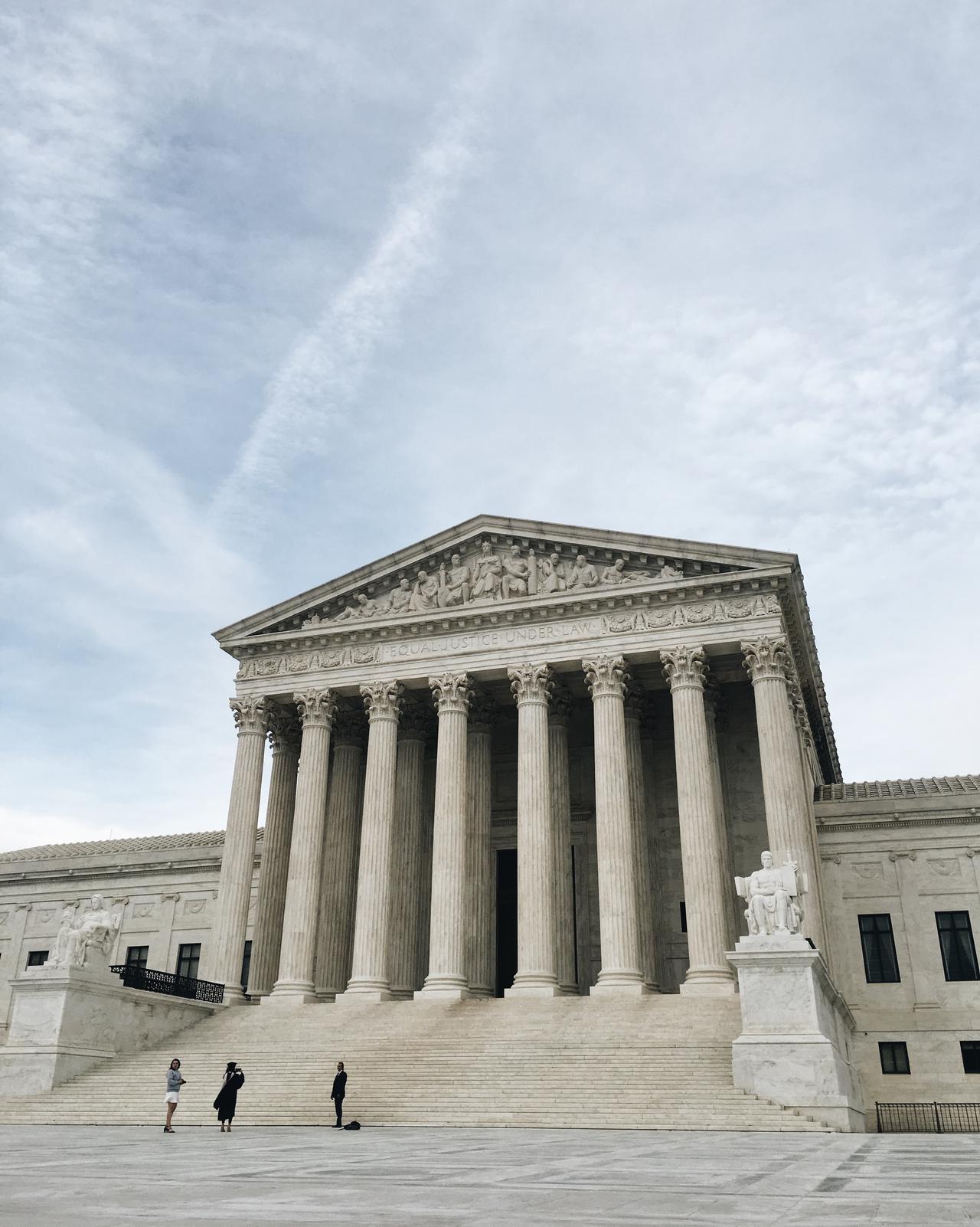Even if you didn’t get the result you were hoping for during your trial, you may have a chance at changing the outcome through the appeals process. But it all starts with your initial brief.
Depending on the circumstances of your case, a criminal conviction can be overturned, allowing for your case to be retried or dismissed entirely. In other situations, it’s sometimes possible to at least have your sentence reduced.
In this blog post, we’ll explain what an initial brief is and outline everything you need to know about the facts that must be included in it.
What is an initial brief?
Your initial (or opening) brief is the first part of your appellate brief you submit when you file an appeal for your case.
Your initial brief is one of the most important parts of your appeal. In some cases, it’s enough on its own to overturn the original judgement against you, though it’s often only the beginning of a process that can take many months.
Your appellate brief ultimately needs to show that a legal error of some kind was made during the course of the trial that prevented you from receiving a fair judgement. As we’ve written previously on our blog, a few specific circumstances may allow you to file an initial brief:
- Legal errors during the trial, like insufficient evidence or due process violations
- Juror-related errors or misconduct, including drug usage or biased jury selection
- Weak legal representation
- Errors in the judge’s decision-making
Statement of Facts
Your Statement of Facts is where the appellate judges will review your version of the facts of the case. Whereas the initial brief is the most important part of your appeal, the Statement of Facts is the most important part of that initial brief.
Despite its name, it isn’t just a section for regurgitating every piece of information that came up during your trial, especially given that the judges will have read both the opposition’s and your version of the facts from the trial already. As a whole, it should create a persuasive narrative that frames the facts of the case in your favor, though that doesn’t mean misrepresenting the facts in any way.
The Statement of Facts is where you can begin to build a narrative for your case that allows the judges to better empathize with you. Every fact relevant to the case and your analysis of its results needs to be included in your brief, including any that may paint you in a negative light.
Framing the facts
Including the right facts is one thing, but presenting them in a way that gives you an advantage is another.
In your Statement of Facts, there are a few strategies you can employ to drive home that one of the previously-mentioned circumstances causing you to file an appeal prevented justice from being done in your case. These include:
- Presenting the facts accurately as evidence that your position is the correct one, without substantially slanting them in a way that harms your credibility
- Weaving the facts into a cohesive story that a reader can get invested in
- Using descriptive, detailed language without heavily embellishing the facts

Contact Candela Law Firm about filing your criminal appeal
If you’re the victim of an unjust criminal conviction, you can fight it by filing a criminal appeal with the help of an experienced defense attorney. Get in touch with the team at Candela Law Firm today to learn more or to get started.

